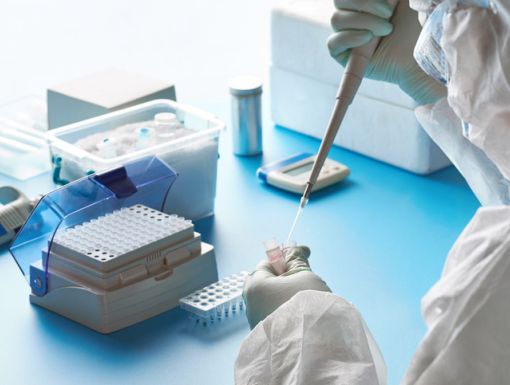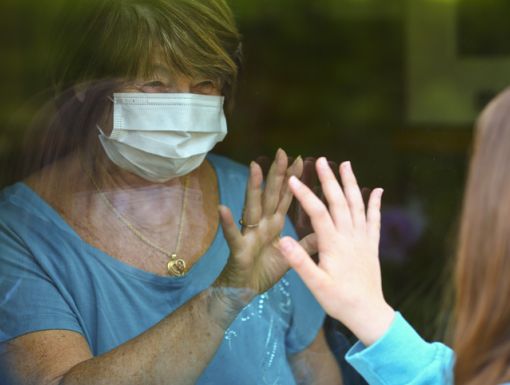
What Do My COVID-19 Test Results Mean?
During this time of uncertainty, you may decide that getting tested is the right course of action. Once you see your results, it’s important to understand what they mean and what type of precautions you should take.
Types of Test
There are two types of test available for COVID-19: viral tests and antibody tests. A viral test will determine if you have an infection. An antibody test will determine if you’ve had an infection in the past. It can take two to three weeks after having an infection for your body to create antibodies. Having antibodies to the virus that causes COVID-19 may help prevent infection again. If this is the case, we are unsure of how much protection the antibodies might provide or how long the protection will last.
Testing Positive for COVID-19
If you test positive, it’s important to know what protective steps to take, especially if you are caring for someone else. Most people have minor sickness and can recover at home. If you test positive for COVID-19, it is important to follow these steps to protect yourself and others in your community:
Stay at Home. Many people can recover at home without receiving medical treatment. It is important that you do not leave your home unless receiving care and are not visiting public places or taking public transportation. If you must leave your home or take public transportation, it is important to wear a mask at all times and socially distance.
In early December 2020, the Centers for Disease Control and Prevention (CDC) updated their recommendations regarding COVID-19 exposure quarantine. While this doesn't apply to healthcare workers and other essential personnel, the guidance now states that quarantine can end after 10 days (rather than 14) with no testing and no symptoms. Quarantine can end after seven days with a negative test and no symptoms.
Self-Care. Hydrate, hydrate, hydrate! Get rest and stay hydrated! Taking over-the-counter medicines such as acetaminophen which will help with aches and pains.
Talk to your doctor. Call your doctor before receiving medical care. If you have trouble breathing or any other emergency warning signs (below) call your doctor immediately. Talk with your doctor through Virtual Visits or Anywhere Care. Learn more here.
Stay away from others. Stay in a specific room and away from other people and pets. Stay in a specific room and if possible, try to use a separate bathroom. If you must be around others, wear a cloth face covering. For more information on how to protect those that are most vulnerable when you live in close quarters, click here.
Monitor Your Symptoms. The symptoms of COVID-19 include fever, coughing, loss of taste and smell, or other symptoms.
Testing Negative for COVID-19
At the time your sample was collected, you may have not been infected. That doesn’t mean you won’t get infected in the future; this only means that you were not infected with the virus at the time you took the test. You may test negative if the sample was collected early in your infection and test positive later during your illness. You could also be exposed to COVID-19 after the test and get infected. It’s important to keep taking these measures to avoid possible exposure:
- Keep 6 feet away from others
- Wear a face covering
- Wash your hands
Emergency Warning Signs
Look for emergency warning signs for COVID-19. If someone is showing any of these signs, seek medical care immediately.
- Trouble breathing
- Persistent pain or pressure in the chest
- New confusion
- Inability to wake or stay awake
- Bluish lips or face
This likely is not all possible symptoms. Speak with your provider for any other symptoms that are severe or are of concern to you.
Call 911 or call ahead to your local emergency facility. Notify the operator that you are seeking care for someone who has or may have COVID-19.
The information in this blog post is accurate at the time of publication. However, as the situation surrounding COVID-19 continues to change, it's possible that information has changed since being published. While Ochsner Health is trying to keep our blog posts as up-to-date as possible, we also encourage readers to stay informed on news and recommendations by using the CDC website.


